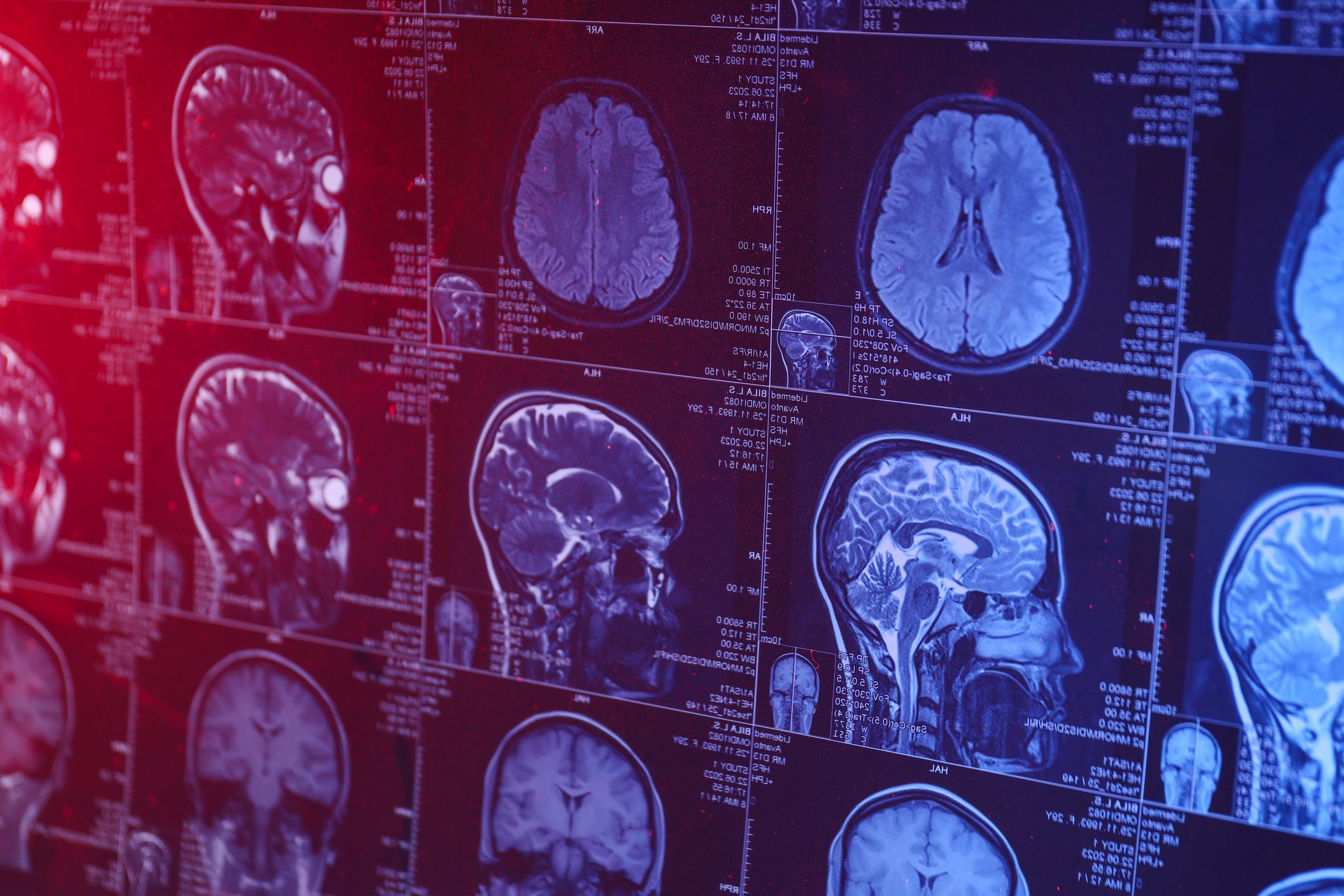Today in France, 10% of adults have a problem with alcohol. After having mobilized for a “dry january”, the site Addict Help was interested in knowing which areas of the brain recover when stopping alcohol, based on a study by the team of Timothy Durazzo and Dieter Meyerhoff, experts in structural neuroimaging in alcohol dependence.
Alcohol consumption has a lot of negative effects on your health, it is bad for the skin, aggressive for the digestive system, and damages the brain. At least when it is excessive. Alcohol dependence particularly affects the volume of brain structures for cognition and learning.
What happens during the period of abstinence?
But when you stop alcohol, some parts of the brain recover. With variations due to age, gender, genetic factors, smoking and other addictions.
The researchers had brain MRI scans on 85 people addicted to alcohol a week, a month and seven months after they stopped using it. These images were compared to MRI scans of people consuming little or no alcohol. Knowing that addiction is fixed in this study at more than 204 drinks of alcohol over the past 8 years for men, and 109 drinks over the past 6 years for women.
Women recover less well than men
The brain effects of alcohol consumption are greater in women, and they eliminate alcohol more slowly than in men. Results ? The anterior cingulate cortex, insula, dorsolateral prefrontal cortex, and orbitofrontal cortex are altered by alcohol. But with abstinence, the brain volumes of these studied areas grew again, at different rates but immediately upon stopping alcohol.
On the other hand, the hippocampus, essential for memory, does not recover with abstinence. That said, the study did not have brain images of people when they were addicted, and not all subjects had all three MRI scans.
Read also:
Researchers film the brain to understand sleep
Alcohol is harmful to health from one drink a day


















